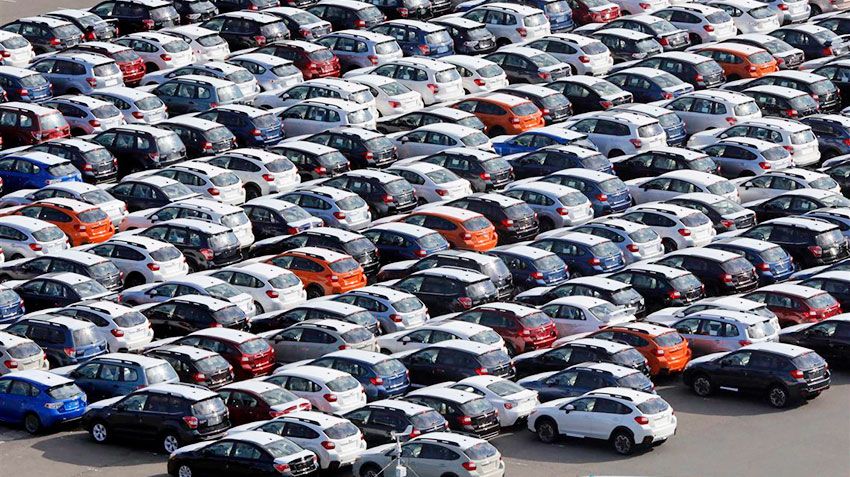China will temporarily reduce duties on American cars

17 December 2018
China will temporarily reduce the import duty on cars and SUVs of American manufacturing
Reuters reported that China's Ministry of Finance will suspend the anti-American 25-percent tariff on 144 models of cars and auto parts, as well as the 5% tariff by 67 car models from January 1 to March 31, 2019, after the conclusion of the truce in the trade war between the two biggest economies in the world.
The Ministry of Finance of the PRC in a statement on its website also said it hoped to accelerate the process of negotiations between China and the United States abolish all tariffs on additional goods each other, and that should reduce tariffs from 40% to 15% imposed since the beginning which lasts from July of a trade war.
The President of the United States Donald trump welcomed this move of the Ministry of Finance of the PRC in his Twitter: "China just announced that their economy is growing much slower than expected, due to our trade war with them. They suspended increase of tariffs on goods from the United States. We are all very good. China wants to make large and comprehensive a deal. It can happen pretty soon!"
Soon after the announcement of the Ministry of Finance of the PRC Tesla Inc. said it will reduce prices electromobile Model S and Model X in the Chinese market.
Director of the Committee on the imports of Chinese automobile dealers Association (СААD) Wang CUN said: "This is a good signal that China and the United States are on the way to the resolution of a trade war. Automakers will now be able to order a larger quantity of imported cars".
President, global operations Ford Motor Co. Joe Hinrichs also welcomed the statement in Beijing, noting that in 2017, the American automaker exported to China almost 50 thousand cars of American manufacturing: "We welcome the fact that both governments are constructively working together to reduce trade barriers and open markets."
In July, China raised its tariffs on American cars and parts after the United States raised its tariffs on Chinese automobiles and spare parts to 27.5%. The automakers don't expect the United States to immediately cut their higher tariffs on Chinese imports in response to this friendly move of China.
Automotive export-import between the two countries is relatively small. China exported last year to the American market 53,3 thousand cars and imported 280,2 thousand cars produced in the United States, according to the Chinese center for automotive research and technology, a government research center.
For the first 11 months of this year, China had produced 25.3 million cars, which is 2.6% less than in the same period last year.
Mr. Wang said that automotive brands, had previously imported cars from the United States, saw a 30 percent decrease in sales in the first 10 months of 2018, but the reduction of tariffs should return to the previous import volumes.
German automaker BMW has stated that it welcomes a temporary reduction of tariffs on cars imported to China from the United States, adding that now is in talks with its Chinese partners to determine the response to breaks.
The company expects that the financial volume of sales of cars imported to China from the United States in 2018 will amount to almost €300 million ($338 million) just for the BMW Group, said in a statement.
Last Saturday, BMW announced the price drop in China on four models of U.S. production by 3-7% for X5, X6, X5M and X6M.
German manufacturer of luxury cars Mercedes-Benz on Monday also said that it would begin to offer discounts for light vehicles imported into China from the United States until March 31.
It reduces prices on four models for ¥36,000 yuan ($5,22 million) to ¥135,000 yuan, said in a microblog company owned by Daimler AG.
The current announcement about a planned suspension of protective tariff followed the first major purchase of U.S. soybeans in China, after President trump and his Chinese counterpart XI Jinping held December 1 in Argentina productive trade negotiations.
In Argentina trump and XI agreed to the truce, which has delayed the planned 1 January increase of US tariffs on Chinese goods at $200 billion.
The message on tariff reduction in China occurred earlier during a telephone bridge between Deputy Prime Minister Liu He, US trade representative Robert Leithiser and the Secretary of the Treasury Stephen Mochino..
|
|
|
Element was not found.








